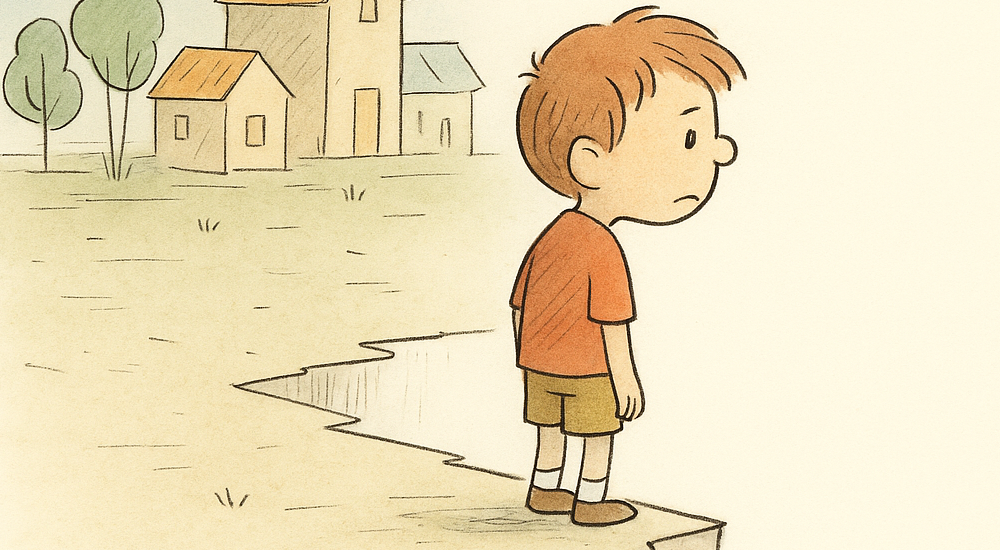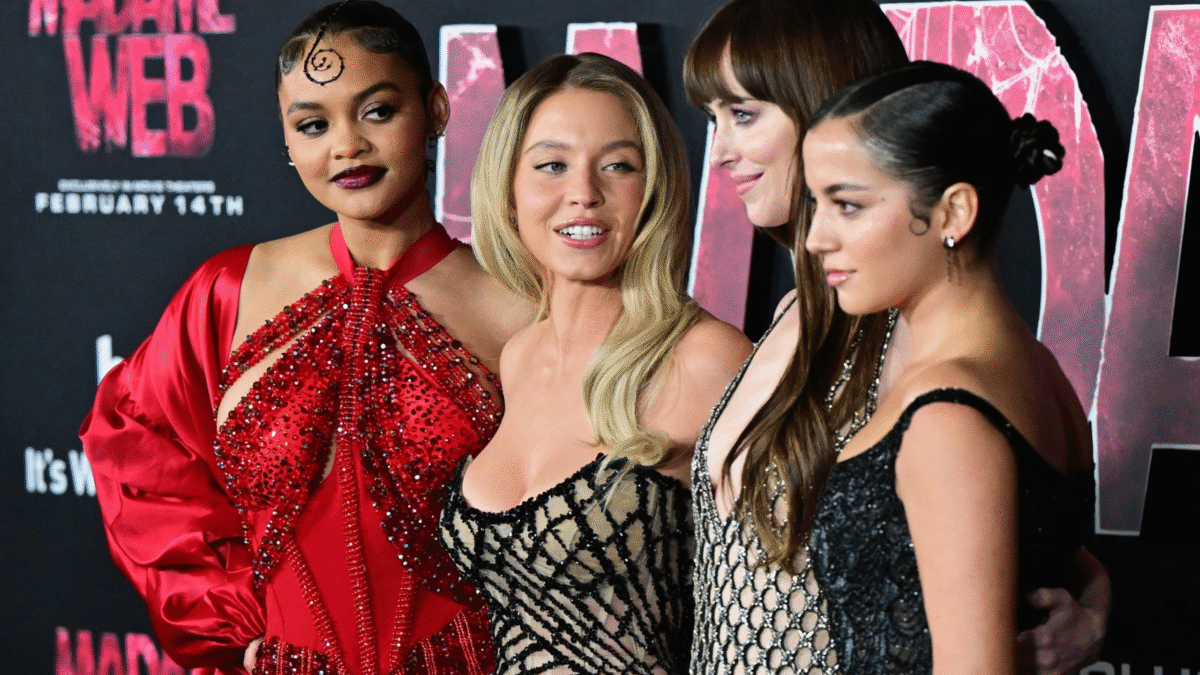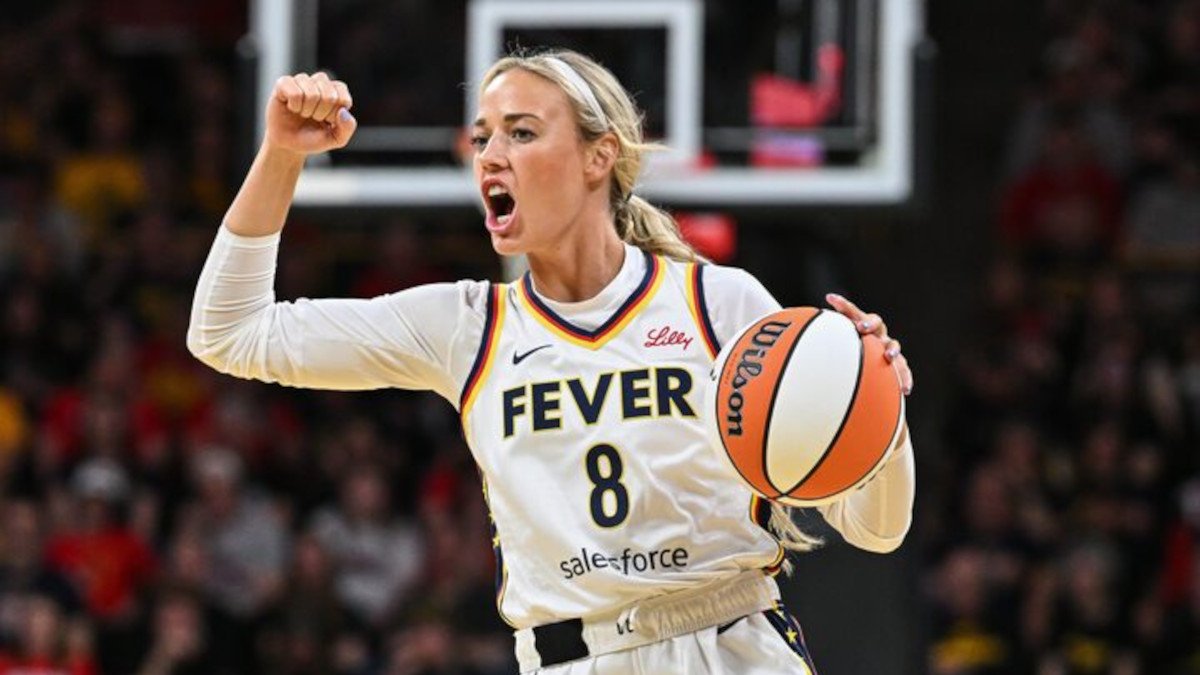Caitlin Clark just added another trophy to her shelf after winning Best WNBA Player at the 2025 ESPY Awards. Her name was already everywhere this season, and the ESPY only turned up the volume. But it was a post-award comment from ESPN’s Ari Chambers that sparked the real buzz.
Chambers referred to Clark’s “villain origin story” while celebrating her success and fierce playing style. She was not booing from the sidelines or slapping labels on Clark’s character. She was hyping up the fact that Clark plays like someone who knows how to own the moment and fire up a crowd.
Of course, the internet heard “villain” and ran wild like someone left the zoo gate open. Headlines popped up faster than Clark’s jump shot, saying Chambers called her a villain. That makes it sound like Clark just tied someone to railroad tracks while laughing maniacally in black and white.
Let’s be clear, though. Chambers was not throwing shade. She was talking about how Clark plays with swagger and confidence and how that tends to stir up fans in every direction. The phrase “villain origin story” was meant as playful commentary, not some deep moral judgment.
Clark has become a force in the league, and with that comes attention from all angles. She is fiery on the court and unapologetic in her approach. She gets cheers from some fans and jeers from others, and both seem to feed the legend.
Chambers later took to social media to clarify her words. She explained she was talking about the idea of Clark stepping into a spotlight where fans react like they are watching a sports movie. That means Clark gets framed like a protagonist or antagonist depending on who is watching.
It is the kind of conversation that follows big names and big performances. Every athlete who shakes things up gets a role in the public narrative. Clark is no different, and if anything, she is doing it better than most.

There is also something kind of fun about all this. Sports fans love a good rivalry and a little drama. It adds flavor to the games and gives people something to yell about on group chats and highlight reels.
Clark has never asked to be the villain or the hero. She just shows up and plays like every game matters and people can draw their own conclusions. That is what makes her exciting and also what keeps the cameras rolling.
You can tell this moment was never meant to spark controversy. It was more like a nod to how Clark is changing the energy around the league. She is bringing in new fans and keeping the regulars on their toes.
So if someone says villain and you picture a cape and thunder in the background, you might be watching too many movies. If you hear it and think of a player who walks into a hostile arena and drops twenty points with a smirk, then you are right on track.
Caitlin Clark is not trying to play a part. She is just being herself, and that self happens to stir things up in the best way possible. The fans are watching. The cameras are clicking. And the story just keeps getting better.
So here is the bottom line. Ari Chambers said something spicy but not sinister. The media twisted it like a pretzel at halftime. But the only real plot here is that Caitlin Clark is winning on and off the court, and everyone wants to talk about it.
And let’s be honest. If this is a villain origin story, then it is the kind where the villain sells out arenas and signs autographs after dropping a triple-double. Not exactly something to panic about.
Read more:
Out of Her League: Angel Reese Is Playing the Game, But Caitlin Clark Is Running It










